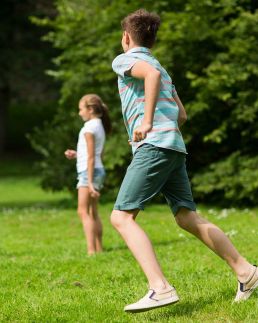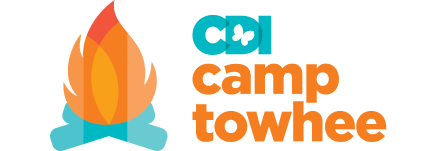Expertise
Building knowledge and sharing our expertise
In 2015, Child Development Institute’s Integra Program embarked on an extensive research project to measure therapeutic outcomes in the children and youth who attend Towhee. Specifically, we measured changes in mental health and wellness including anxiety, self-esteem, social skills and positive identity in children and youth with learning disabilities and mental health issues (LDMH), through their experience at Towhee.
Our 2015 research showed that Towhee participants experienced:
- Decreased anxiety symptoms;
- Increased social problem-solving skills and coping strategies;
- Increased self-esteem;
- Development in skill mastery (ropes course, out-tripping, music/art); and
- Maintenance of gains into the school year following treatment.
In 2016, we expanded our research to include new Towhee clients, with a goal to increase our sample size and complete more complex analysis of Towhee outcomes. At present, 99 parents and 118 children/youth have participated in this project.
In January 2016, former Director of Towhee, Nicola Bangham, and Dr. Ashley Morgan, Integra’s Research Manager, presented preliminary Towhee research at the Ontario Campers Association, which was well-received.

Our research methods
Quantitative measures include the Spence Children’s Anxiety Measure and the Campers’ Growth Index. These measures help us gather data on participants’ anxiety, positive identity and social skills, pre- and post-Towhee. Qualitative measures take a narrative approach to gathering data on Towhee outcomes. We ask children and youth questions that help them create their personal “Towhee story,” which also helps children and youth reflect on their experiences and how they feel about themselves.
Sample questions include:
- “What was the highlight of your Towhee story?”
- “What was the most challenging point in your Towhee story?”
- “When did you/Did you notice a change in yourself through your experience at Towhee?”
Counsellors help children complete their surveys on the last day of their sessions. Parents complete online surveys based on observations of their children, post-Towhee. The follow-up research, conducted within three months of attending Towhee, occurs during the Towhee Reunion in Toronto.
Our hope is that this research, once completed, will:
- Help establish best practices for serving children and youth with LDMH;
- Be shared more broadly in order to help more children and youth, parents and individuals who support children and youth with LDMH; and
- Promote Towhee as an effective model for intensive clinical intervention for children and youth with LDMH.
